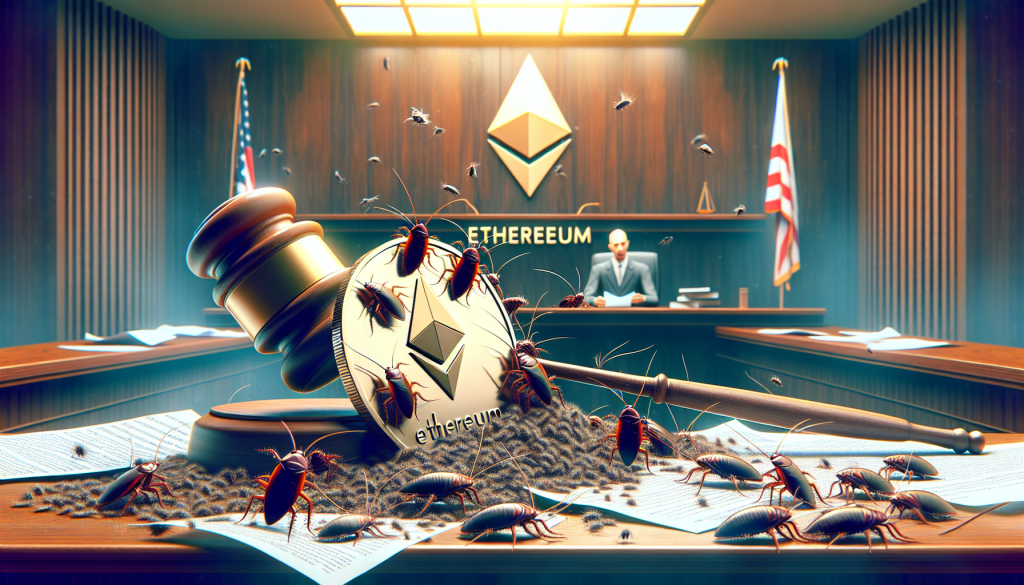Key Points
Ethereum Foundation’s Controversial Actions
The Ethereum Foundation is facing criticism for constant sell-offs of Ethereum (ETH). This has caused a stir within the community. Bitcoin (BTC) and other altcoins are reaching new highs while Ethereum’s performance remains lackluster. Ethereum started 2024 at $2,350, peaked at $4,000 in December, and then plummeted. It is still far from its 2021 high of $4,878, disappointing many investors.
Ethereum is failing to generate the same excitement as its competitors among retail investors. Despite technical issues, networks like Solana (SOL) are making headlines and attracting billions with popular products. These include a crypto mobile smartphone, the marketplace pump.fun, and a meme coin launched by President-elect Donald Trump called Official Trump (TRUMP).
Ethereum is trying to resolve fundamental issues like transaction throughput and scalability with major network upgrades and layer-2 solutions like Coinbase’s Base. However, these efforts are not capturing the attention of everyday retail investors.
The Ethereum Foundation, a non-profit organization supporting research and development within the Ethereum ecosystem, is also causing controversy. Despite its good intentions, the frequent ETH sell-offs to cover operational costs have raised eyebrows among its supporters.
On January 20, the foundation exchanged 100 ETH for 336,500 DAI. According to SpotOnChain data, the foundation sold over $670,000 worth of ETH in less than three weeks in January.
Community Backlash
The timing of the latest sale was unfortunate, as it followed controversial comments from Josh Stark, a key figure in the Ethereum ecosystem. Stark defended the foundation’s constant ETH sell-offs by stating that they are actively using ETH, referring to frequent ETH swaps for stablecoins.
This explanation was met with further criticism when the foundation made another sale shortly after. The community was not pleased. Users on social media platforms expressed their frustrations and criticisms.
Despite the backlash, the foundation proceeded with another 100 ETH sell-off, exacerbating the situation. The community’s frustration indicates a larger issue with Ethereum’s 2025 trajectory.
While competitors are growing their ecosystems by leveraging retail FOMO, Ethereum’s focus on scalability through layer-2 networks doesn’t seem to be attracting retail investors.
It’s unclear whether Ethereum should aim to become the preferred network for meme coins again, a role it once held before the hype shifted to Solana. However, Ethereum’s co-founder, Vitalik Buterin, has acknowledged the latest controversy.
Buterin revealed that the foundation has considered staking its assets instead of selling them. However, they have refrained due to regulatory uncertainty and concerns about choosing sides in the event of a network hard fork.
Despite the focus on scaling solutions, everyday investors remain unimpressed. The foundation’s constant ETH sell-offs are not helping. Meanwhile, competitors are surging ahead, capturing attention. Trust in Ethereum among the community seems shaky. To remain relevant to the public, Ethereum faces a challenging path.
